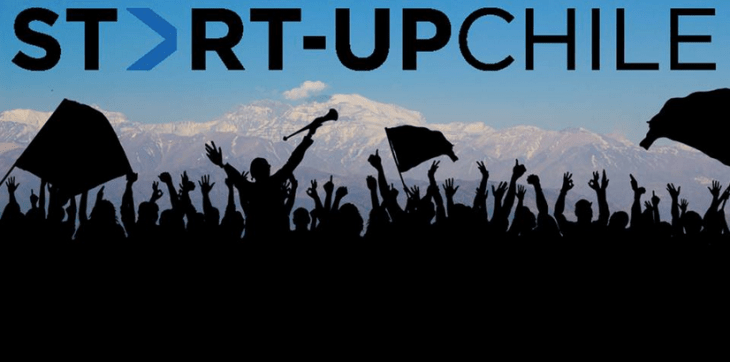Start-Up Chile SCALE, the follow-on fund backed by the Chilean government to boost local startup growth, is making its first nine investments.
The nine companies, all graduates of Start-Up Chile’s past three classes, will receive $100K each in equity-free funding. In exchange, the founders agree to keep their companies in Chile for at least a year and serve as mentors to three Chilean startups while they’re there.
Sebastian Vidal, director of Start-Up Chile, calls this “social equity.”
“In Latin America there’s a lack of experts — you can count on your fingers the success stories that we have,” says Vidal. So the solution, for now, is recruiting external talent to jump-start the local tech ecosystem through the accelerator, and provide incentives for entrepreneurs to stay in Chile after the program ends.
The $100K in “free money” isn’t the only reason that the founders of these nine startups are choosing Chile over Silicon Valley.
Bureo, for instance, is building skateboards out of recycled fish nets, which make up 10 percent of plastic waste in the ocean, according to co-founder David Stover. They’re currently working with six fishing ports on the Chilean coastline and they’ve turned 10 tons of recycled fishing nets into skateboards since they started in 2013.
“Chile has a very robust fishing industry. We found a reputable recycler and qualified manufacturer in Santiago, so now we’re collecting materials and running a program that’s fully operational in Chile,” says Stover.
Bureo recently raised additional seed funding from Patagonia’s 20 Million & Change fund that backs for-profit entities solving environmental crises. Stover says Bureo brought its first boards to market in December 2014, and the company is already turning a profit.
According to Vidal, revenue was a prerequisite for all of the companies selected for the follow-on grant.
“We want to make sure that the business model is already validated, because in Latin America, a company with traction but no revenue in the first year is not considered successful — here, those companies will not get funding and they will die unless they go to the States,” says Vidal.
For the founders of themidgame, a social media marketing startup, relocating to the U.S. is not an option at all. Colombian founders Carlos Saavedra and Andrés Felipe Diaz recently graduated from Y Combinator’s Winter 2015 class but had to leave the country when their business visas expired.
“For us it’s an option to work from Chile while we sort out our visa problems,” says Saavedra, but adds that he plans to keep a permanent engineering hub in Chile because local developers cost about a third of Silicon Valley’s going rate.
Here are all nine companies selected for the SCALE grant:
- TeliportMe is a travel sharing community that provides advanced marketing and analytics for travel companies that run campaigns on the site.
- Bureo designs and manufactures sustainable skateboards sourced from marine debris.
- RetiDiag helps primary healthcare centers screen diabetic patients and detect risk for blindness at a low cost through its retinal picture and telemedicine evaluation software.
- Recorrido.cl is a ticket search and booking platform for the South American interurban bus market that lets travelers compare bus prices, schedules and services on any device.
- Guarnic manages physical security operations and provides real-time information on guard positioning, route compliance, panic alerts and more.
- ZenHub is a project management solution for GitHub that displays real-time task boards, team analytics, and integrated file sharing.
- GroupRaise helps users organize fundraisers where 20-200 people eat at a local restaurant that donates a percentage of the bill to a charitable cause.
- Uanbai enables payments in social media platforms, such as Twitter, through direct messages.
- Themidgame helps brands advertise through social media influencers on YouTube, Instagram, blogs and other platforms.
